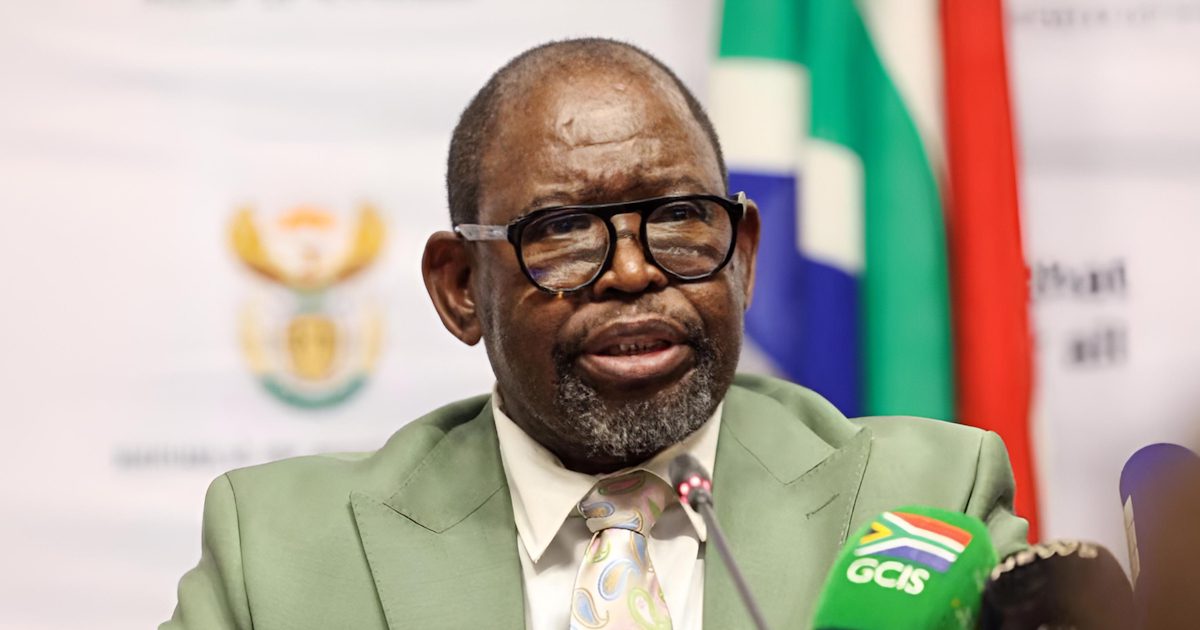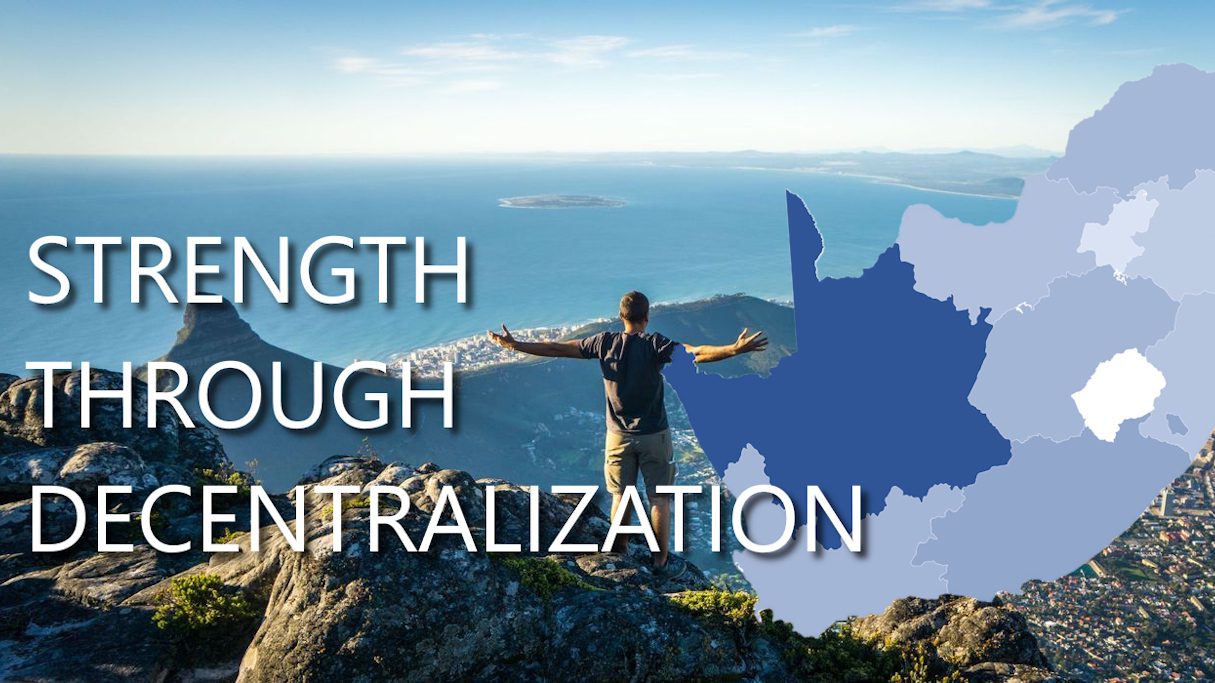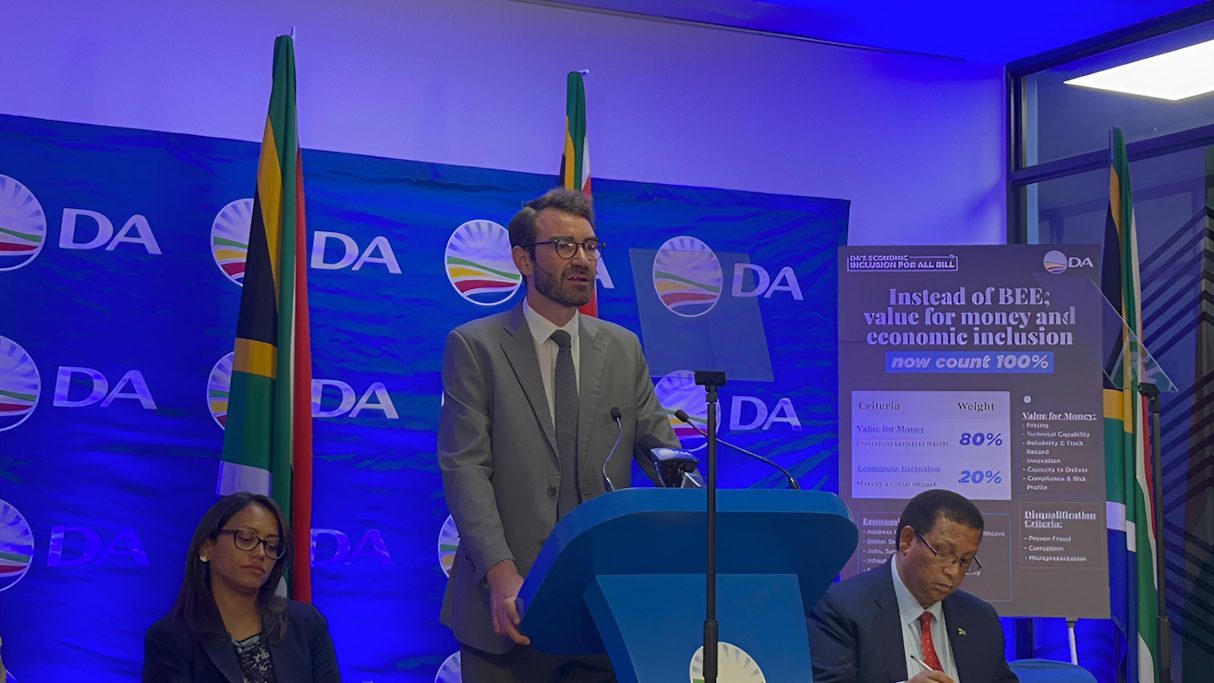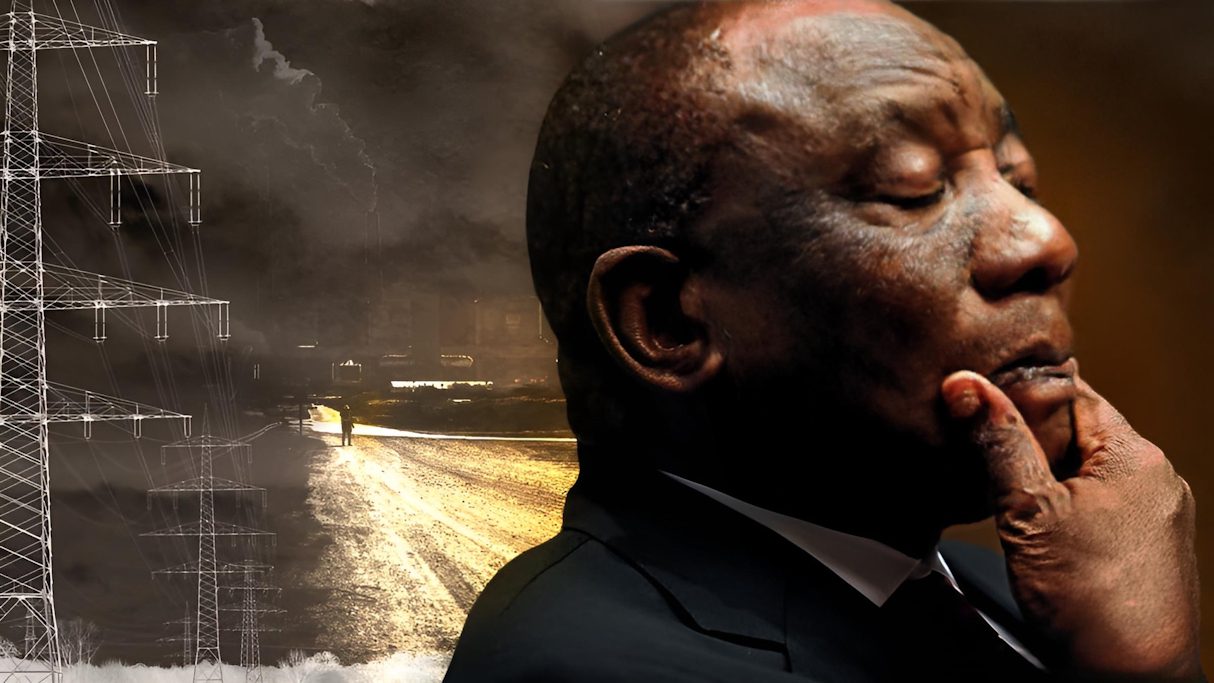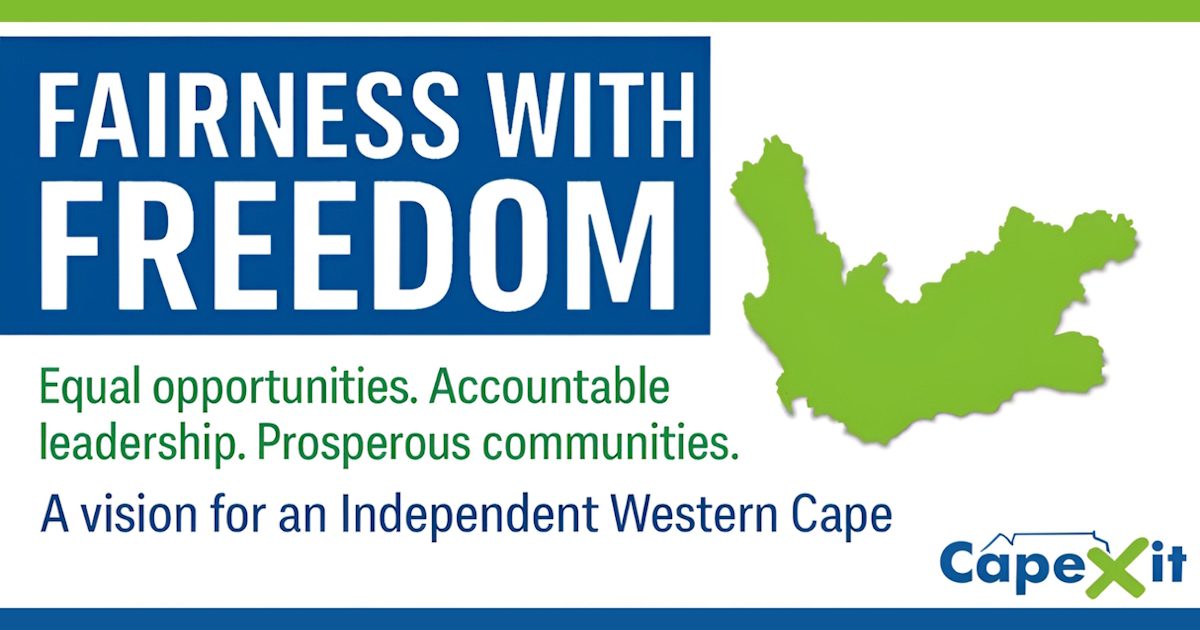Finance Minister Enoch Godongwana’s MTBPS confirms what communities across the Western Cape experience daily: the national government remains focused on balancing spreadsheets rather than rebuilding a failing economy. Despite a primary surplus and cosmetic improvements in debt metrics, the budget offers no credible plan for growth, jobs, infrastructure recovery, or restoring local government capacity. CapeXit argues that capable regions deserve the right to choose a better path.
PRESS STATEMENT: Medium-Term Budget Policy Statement fails to prioritise growth
